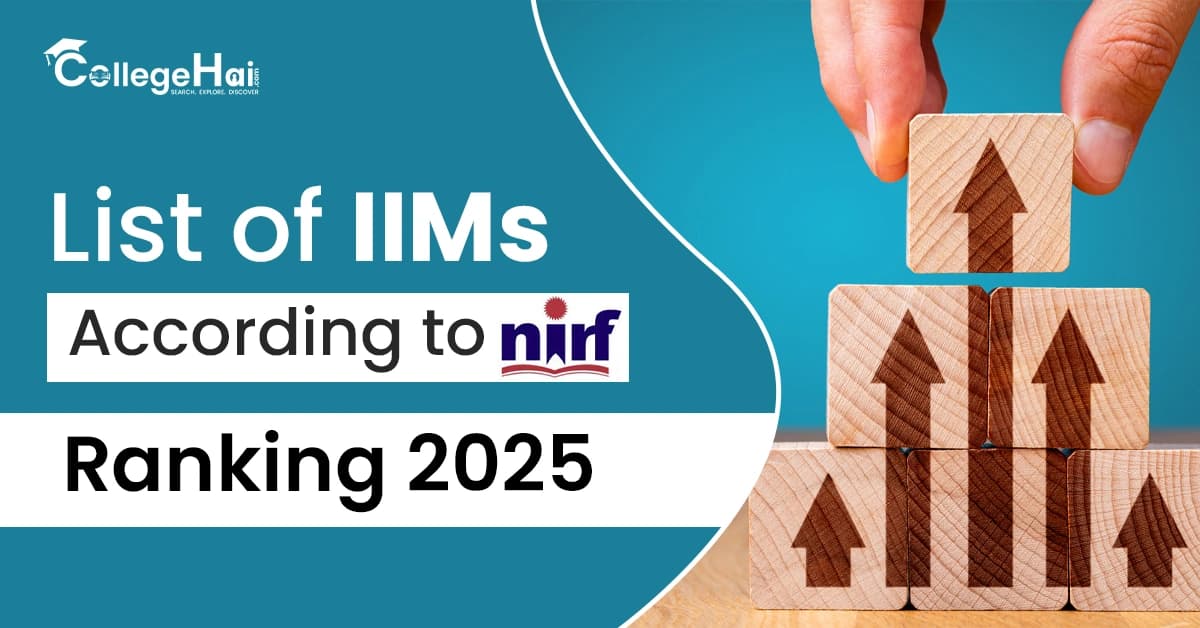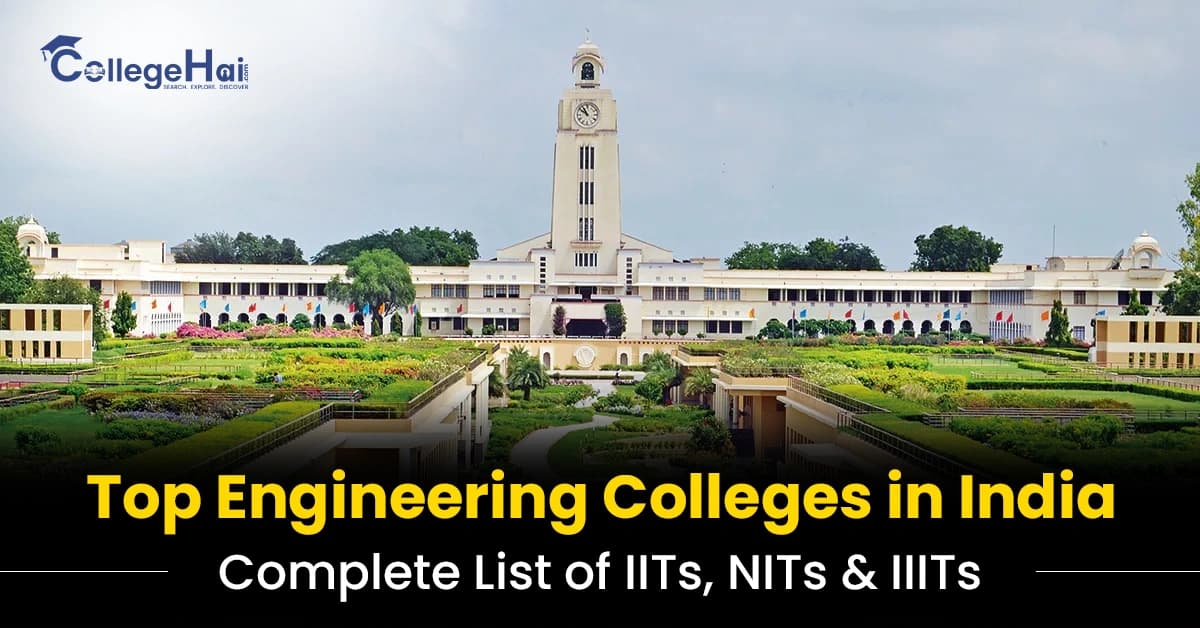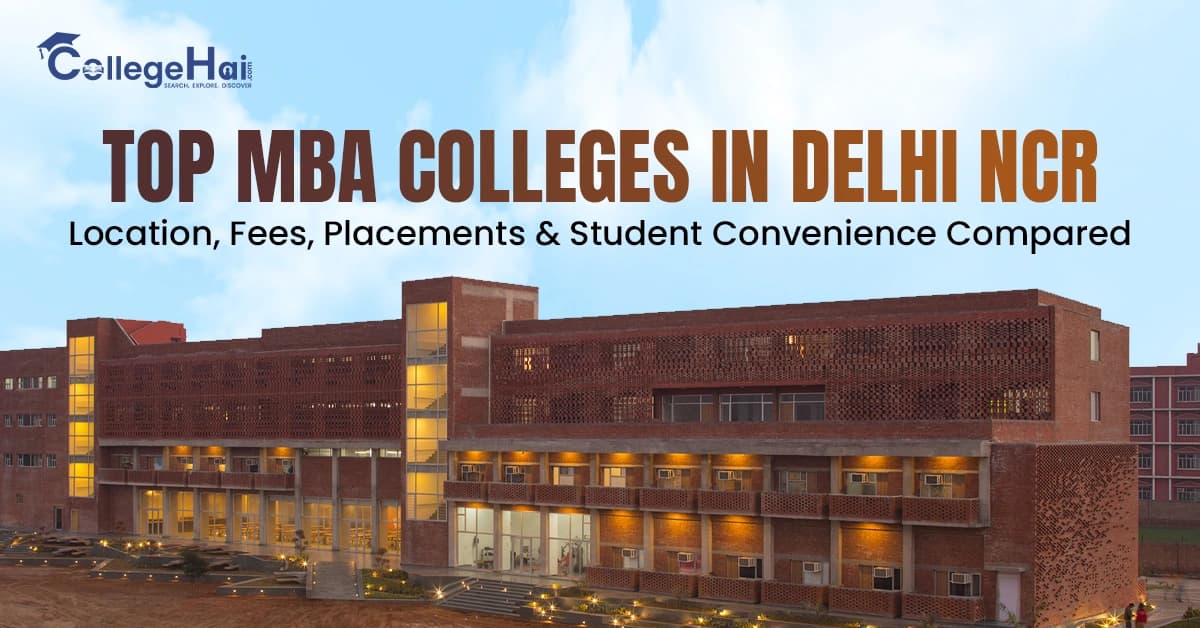PGDM vs MBA: Which is the Best Choice for Students in 2025?
Management colleges in India, for many decades, were a ticket to a goldmine for ambitious students. Getting that dream corporate job or launching an entrepreneurial venture, or ascending to leadership positions, in each case, a postgraduate degree in management is frequently the launchpad. However, the primary dilemma that has always been riding the cusp and minds of students is whether to go for PGDM Vs MBA in India.
The job market will have changed by 2025 with AI-generated roles, international business exposure and the requirement for lateral thinkers. Now, students don’t want to just pursue a degree; they want value, ROI, industry exposure and career acceleration. Both PGDM and MBA programs promise to bestow the same, yet the divergence is in their form, credentials, and results.
Today, in this blog, we will talk about the PGDM vs MBA difference to help you decide which to choose for yourself in 2025. In addition, if you want to know information about top management colleges in India offering PGDM and MBA, you can simply visit us at Collegehai.com.
What is an MBA?
An MBA (Master of Business Administration) is a degree program offered by universities or institutions affiliated with many top international bodies. It is regulated by the University Grants Commission (UGC) and follows a more academic, theoretical framework. The program is structured and updated less frequently compared to PGDM, as universities require approvals to modify their curricula.
Key points about MBA:
Award a degree, valid globally.
Curriculum focuses on management theory, research, and conceptual knowledge.
Offers stability and recognition for students pursuing higher studies or government jobs.
What is a PGDM?

A PGDM (Post Graduate Diploma in Management) is a diploma program offered by autonomous institutes recognised by the All India Council for Technical Education (AICTE). Since these institutes are independent, they can update their curriculum regularly to meet industry trends.
Key points about PGDM:
Awarded as a diploma, but equivalent to an MBA in value if pursued from a reputed institute.
Curriculum is industry-oriented, skill-based, and practical.
Offers flexibility in adopting new subjects like AI in Business, Digital Transformation, Data Analytics, and International Business.
The Core Differences Between PGDM and MBA
In the changing scenario of management education, the students in the year 2025 need to make a crucial decision of opting for either a Master of Business Administration (MBA) course or a Post Graduate Diploma in Management (PGDM). Both programs provide distinctive opportunities to pursue a variety of career goals. Knowing the PGDM vs MBA difference allows candidates to make educated choices based on their objectives and career plans. So, here are some points of comparison, which can help students in making a favourable decision. A comparison table of MBA and PGDM courses.
PGDM vs MBA: Fees and ROI Comparison
The MBA fees for top public universities range from INR 1.5 to 4 Lakhs, while they lie in the range from INR 10 to 25 Lakh for popular IITs and IIMs. On the other hand, the fees for the PGDM program in private management colleges in India start from INR 7 Lakh and go up to INR 25 Lakh. When it comes to ROI, placements matter more than fees; an MBA student from top B-schools like IIMs gets about INR 16–30 LPA packages. A PGDM student from colleges like XLRI, MDI, etc. can land INR 20–35 LPA packages.
In management education, understanding the financial implications of pursuing an MBA or PGDM is important for prospective students. As these programs vary significantly in structure, costs, and return on investment (ROI), it is essential to evaluate their long-term benefits. By focusing on the PGDM vs MBA salary comparison, students can better understand the financial benefits and navigate their educational pathways in 2025. By analysing the costs against the expected ROI, individuals can better navigate their educational pathways in 2025.
The Future Outlook: PGDM vs MBA in India
By 2025, India is expected to experience a significant corporate hiring boom. Skills like data analytics, AI-driven decision-making, and digital business transformation are in high demand.
PGDM institutes are quick to adapt to these demands, integrating tech + management subjects.
MBA programs from top IITs and IIMs have also started upgrading, but universities still face delays in curriculum changes.
Recruiters are now course-agnostic – they care more about the institute’s reputation, your skills, and performance in interviews rather than whether you hold a PGDM or MBA.
How CollegeHai Helps Students
Choosing between an MBA and a PGDM is not easy. That is where CollegeHai can help:
It has details of Top PGDM Colleges in India to help students compare fees, placements, faculty, and infrastructure.
Students can compare fees, placements, faculty, and infrastructure.
It offers authentic reviews from students to help you make a better decision.
Admission guidance, scholarship information, and exam updates are also available.
With CollegeHai, you do not need to depend on confusing advice. You get clear, trusted information to make the best choice for your future.
Conclusion
In conclusion, the decision to pursue an MBA or a PGDM in 2025 ultimately depends on individual career aspirations and educational preferences. For those exploring management education, it’s important to consider the unique offerings of each institute. CollegeHai provides information on Top PGDM Colleges in India, including Top PGDM Colleges in Chennai, Top PGDM Colleges in Hyderabad, Top PGDM Colleges in Mumbai, Top PGDM Colleges in Bangalore, and Top PGDM Colleges in Delhi, helping students compare programs based on curriculum, placements, faculty, and more. An MBA is preferable for students seeking a recognised degree that opens doors to higher studies like a PhD or government employment, along with more affordable education at reputable state or central universities.
Conversely, a PGDM is ideal for those focused on corporate placements, aiming for rapid industry growth, entrepreneurship, or consulting roles, and who prefer an education centred around practical experience, case-based learning, and internships. Ultimately, understanding the PGDM vs MBA difference will help students align their choices with their personal and professional goals.




